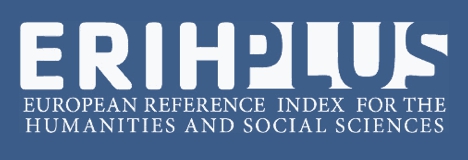(Re)conhecendo o “lugar” de vivência por meio do uso de geotecnologias e trilhas interpretativas: uma experiência no município de Agudo, Rio Grande do Sul
Abstract
O presente trabalho teve como objetivo a problematização do estudo do “lugar” por meio do uso da geotecnologia como recurso didático no Ensino Fundamental. Assim, o trabalho, desenvolvido com alunos do 9º ano da Escola Estadual de Educação Básica Prof. Willy Roos, localizada em Agudo (RS), utilizou o software livre Google Earth 5.2.1.1588 coo recurso didático de exploração do lugar de vivência dos alunos e comparação com realidades de outras crianças de diferentes escolas ao redor do mundo, a fim de identificar e discutir problemas e potencialidades locais, frente às demais realidades pesquisadas. Com a atividade, os alunos estabeleceram pontos de referência da Cidade, aproximando-se do seu lugar de vivência, o que possibilitou a compreensão da organização socioespacial local. O estímulo demonstrado pelos alunos no desenvolvimento da atividade, bem como sua capacidade em reconhecer o espaço e suas diferentes formas de organização espacial em diferentes culturas, confirmou o uso das geotecnologias como ferramenta valiosa para o ensino da Geografia, uma vez que trabalhar com a realidade do aluno a partir de novos recursos didáticos, desperta o interesse pela construção do conhecimento.
Keywords
Policy Proposal for Free Access Journals
Authors who publish in this journal agree to the following terms:
a. Authors retain the copyright and grant the journal the right of first publication, with the work simultaneously licensed under the Creative Commons Attribution License which allows the sharing of the work with acknowledgment of the authorship of the work and initial publication in this journal.
b. Authors are authorized to take additional contracts separately, for non-exclusive distribution of the version of the work published in this journal (eg publish in institutional repository or as a book chapter), with acknowledgment of authorship and initial publication in this journal.
c. Authors are allowed and encouraged to publish and distribute their work online (eg in institutional repositories or on their personal page) at any point before or during the editorial process, as this can generate productive changes, as well as increase the impact and The citation of published work (See The Effect of Free Access).





















